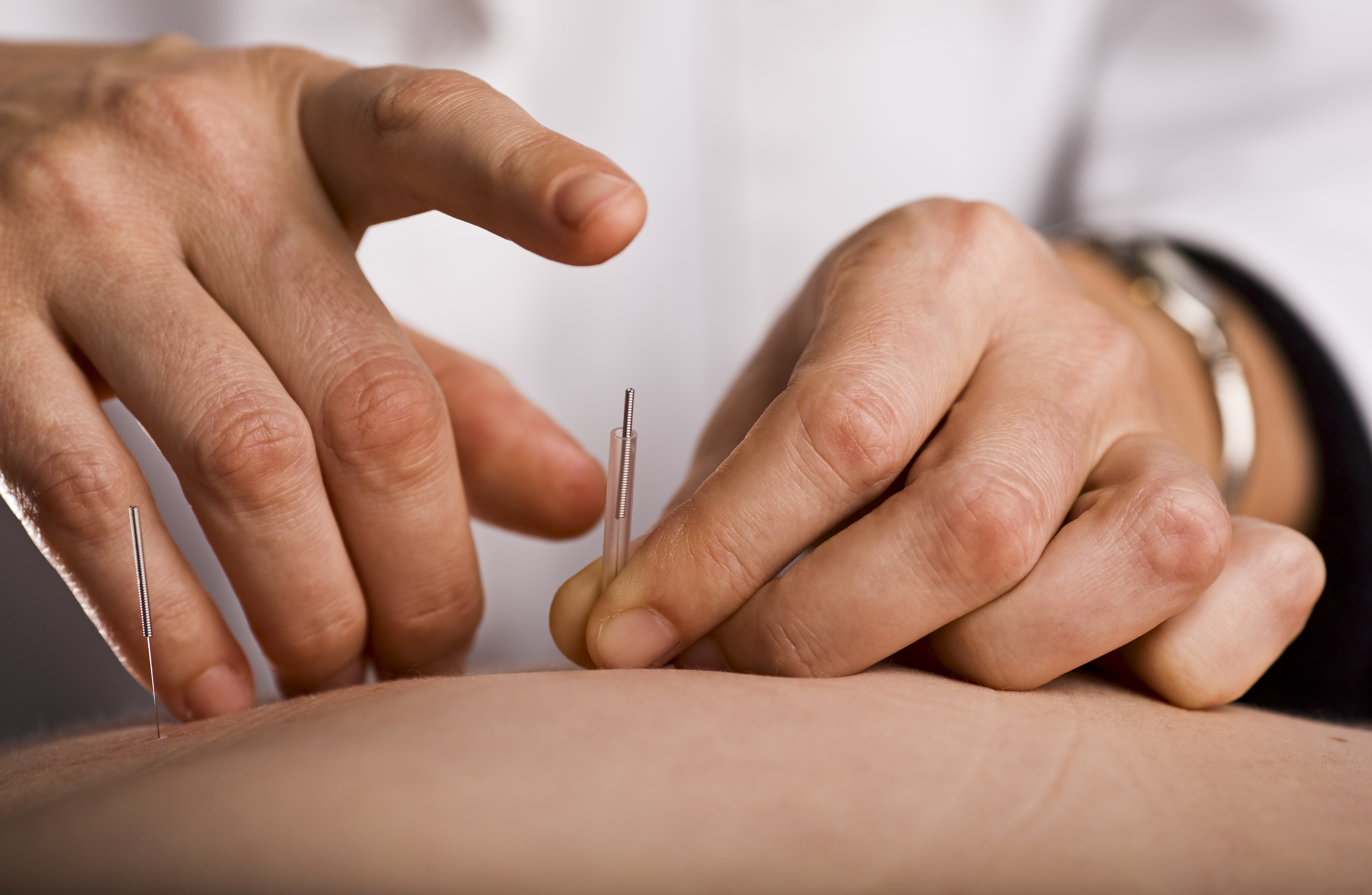Author: Justin Mckibben
Using needles to heal addicts is nothing new. Those who practice and promote holistic healing are often familiar with the concept. In recovery, the needle can mean something totally different than what it meant in addiction. For some it opens up a new world of medical treatment they never knew was possible. Acupuncture itself is actually much more powerful than some may realize, and a recent study only magnifies the usefulness of going under the needle for chronic pain and mental health.
The National Institute for Health Research (NIHR) Journals Library now features a report where the researchers show there is significant evidence to demonstrate that acupuncture provides more than a placebo effect.
To clarify, a placebo is a substance or treatment with no active therapeutic effect. These kinds of treatment may be given to a person in order to trick the recipient into thinking that it is an active treatment, meaning the answer is all in the mind.
This new data suggests there is an active therapeutic element to acupuncture.
Clinic Trials: Acupuncture VS Pain
Professor of Acupuncture Research, Hugh MacPherson, helped bring together this research with a team of scientists from the UK and US. The data is strung together using the results of 29 high-quality clinical trials. These trials specifically reviewed patients treated with acupuncture, alongside standard medical care.
For most of the clinical trials, patients with chronic pain treated with acupuncture and standard medical care were tested against those who were provided with standard medical care alone. The standard medical care includes treatment such as:
- Anti-inflammatory drugs
- Physiotherapy
Those examined were approximately 18,000 patients diagnosed with chronic pain of areas such as:
- Neck
- Lower back
- Head
- Knee
According to the published reports, the addition of acupuncture to complement standard medical treatment has a few powerful effects. Acupuncture was able to:
- Significantly reduce the number of headaches and migraine attacks
- Reduce the severity of neck and lower back pain
- Reduce the pain and disability of osteoarthritis, which led to patients being less reliant on anti-inflammatory drugs
Clinic Trials: Acupuncture VS Depression
The teams report also includes a new clinical trial for the impact on depression. During these trials acupuncture or counselling was compared to the effectiveness of antidepressants and related medications.
Researchers sourced from 755 patients with depression in the North of England. The new study shows that both acupuncture and counselling significantly reduced the severity of depression. Not only did they reduce the severity, but the benefits were generally continuous for up to 12 months after the initial treatment. So the long-term implications alone are pretty exciting to see.
Professor MacPherson, from the University of York’s Department of Health Sciences, has said:
“The front-line treatment for depression in primary care usually involves antidepressants; however, they do not work well for more than half of patients.
“In the largest study of its kind, we have now provided a solid evidence base to show that not only can acupuncture and counselling bring patients out of an episode of depression, but it can keep the condition at bay for up to a year on average.”
Professor MacPherson believes that because patients and health professionals can now make decisions on using acupuncture for treatment with more confidence, this new data provides a significant step forward in managing and treating chronic pain and depression.
Clinic Trials: True Acupuncture VS Sham Acupuncture
As stated in the beginning, many believed acupuncture’s benefits to be at least partially associated with placebo effects. With this doubt hanging over it, the uncertainty of it’s clinical effectiveness has stunted its growth.
Professor MacPherson says that this new research provides definitive evidence that acupuncture can work to treat chronic pain; that in doing so the reductions in pain are substantially more than those measured from what is called “sham acupuncture.”
Sham acupuncture is only for clinical trials for research purposes. This “sham” method involves inserting needles at the ‘wrong’ locations, or using non-inserted needles (fake needles) at the correct locations. Having data to attest that ‘true’ acupuncture has significantly more effect in reducing pain than ‘sham’ acupuncture offers evidence that it is not simply a placebo effect.
In Conclusion
This research also asserts that this kind of treatment is cost effective. With the value for money being rated as less than the threshold of £20,000 cost per quality of life year; a metric for measuring cost-effectiveness used by the National Institute for Health and Care Excellence (NICE). MacPherson went on to state:
“There has been a question mark for many years over whether policy and decision makers should or should not provide wider access to acupuncture. Our aim was to bring together data from high quality clinical trials and provide a robust evidence base that will help reduce this uncertainty and support commissioners and health professionals in making informed decisions backed up with research.”
Professor MacPherson insists that not only is it more cost effective than medications, but acupuncture reduces pain levels and improves mood levels, which could reduce over reliance on drugs that can sometimes result in unwanted side effects, such as physical dependence or abuse.
In the world of addiction, pain and depression are often simultaneous with substance use disorder. Many people who battle with addiction also fight to overcome depression, and countless people have become addicted to opioids as a result of prolonged dependence on prescription pain medications. As we move toward more innovations in prevention and intervention, innovations in treatment are more important than ever.
For years Palm Partners has believed in the healing power of acupuncture and offered the opportunity for people struggling with substances to have access to this powerful resource on their path to recovery. If you or someone you love is struggling with substance abuse or addiction, please call toll-free now!
